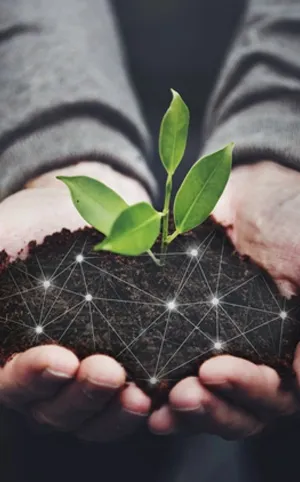
Caring For Our Habitat
The environment has been categorised as a silent stakeholder in contemporary stakeholder theories. In addition to being morally required, environmental protection and conservation are crucial for maintaining commercial operations.
We make an effort to run our business properly and efficiently in order to increase our eco-effectiveness and leave the smallest possible environmental footprint. We aim to help create a world where everyone has a better quality of life and a bright future. Utilising the "Right Chemistry For a Healthier Tomorrow" and maximising the utilisation of the resources at hand is our goal.
Environment Impact Assessments (EIA) for new projects are a part of our environmentally responsible production procedures. We can create a mitigation strategy to mitigate the potential environmental impact of our projects with the use of EIAs. As a result of these investigations, we select the appropriate technology throughout the design process itself to guarantee minimal impact on the environment and populations around. We established Environmental Management Systems (EMS) for the ongoing projects, and Aarti Management System is periodically used to assess compliance (AMS).
